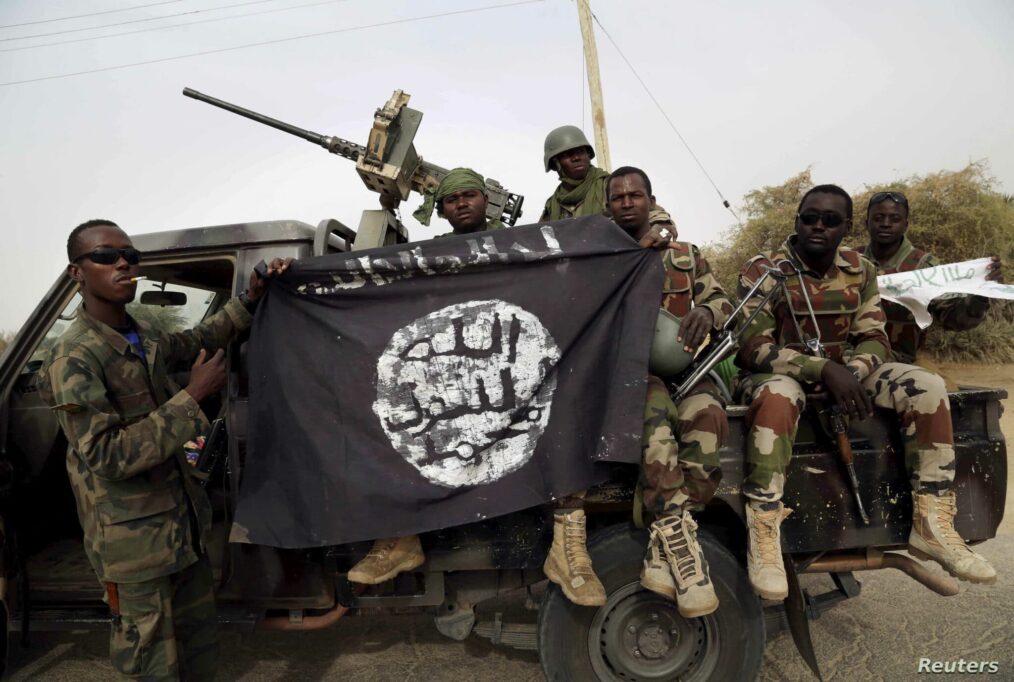The eternally fascinating continent of Africa is home to fifty-four beautiful countries, which are rich in resources, diversity, strength, and sadly conflicts. In the words of Patricia Danzi, Regional Director for Africa for the International Committee of the Red Cross (ICRC), “conflicts last and they don’t stop – and more are added.”
Leaders in Africa continue to make efforts to lessen the number of conflicts constantly arising and persisting. The challenge, sincerely, is a great one and one that has come to form, over time, the identity of Africa.
An Africa which is at peace with itself was the dream of Nelson Mandela and continues to be the dream of many other passionate leaders in Africa, but then, how can this be achieved? Could it be through Lafiya Dole?
Lafiya Dole
As part of the efforts to rework and add renewed vigor to the fight against terrorism and insurgency in Nigeria, especially in the Northeast, the Nigerian Army has decided to rename Operation Zaman Lafiya” to “Operation Lafiya Dole.”
Former Chief of Army Staff (COAS) Major General Tukur Yusufu Buratai addressed the 103 Battalion Nigerian Army based in Konduga, Borno State. He commended the Nigerian troops on their efforts thus far in the ongoing war against terrorism, all the while urging the army to fight harder in the pursuit and destruction of Boko Haram terrorists.
Lafiya Dole is a phrase in the Hausa dialect meaning, simply, “peace by force.” Quite a paradox, but unfortunately, acceptable not only in Nigeria but across the globe. If anything, the strategy of “peace by force” has done more harm than good.
Even with the Lafiya Dole campaign, peace, in reality, remains a mirage for the people of Nigeria. There is no peace in sight for Nigeria, not with the way it seeks to drive home its point to terrorists.
In Africa
Many African leaders hold firmly to the success of the Lafiya Dole philosophy. Similar strategies are continuously developed and implemented throughout Africa, both on state and regional levels. Silencing guns with bigger guns summarizes peace efforts in Africa. In reality, these efforts only help to further enhance resistance as the continent has seen increased activities among non-state actors, despite its efforts to cripple these activities.
Merely eliminating a leader of a violent group or members without first dealing with the conditions that allowed for such will only create a bigger problem. It is only a matter of time before another conflict arises. For a long time, this pattern has existed in Africa.
Finally
The philosophy of imposing peace rather than teaching it defeats the ideology it seeks to promote. The world seems to have lost itself in the pursuit of something it is yet to understand and fully accept. We certainly do not need to inflict more injury to heal a wound. Simply put, the antidote to these conflicts is peace.
A timeless example is Libya, where the quest and drive to save the people from oppression and Gadhafi required the use of oppressive techniques. Peace was thought to be attained through force, and now, what we have is nothing close to peace and everything far from it. Today, Libya is the source of everything that refutes peace, openly serving as the continent’s illegal arms depot for criminals and terrorists alike.
From a problem within control, it has grown to become a problem that seems like it will never end. Before Africa, or even the world, speaks of peace, justice must first be achieved, for there is never peace without justice. Currently, the tactic to achieve peace is to instill fear, however, given the right opportunity, chaos will erupt and worsen current conditions.
Joan McDappa, Counter-Terrorism Research Fellow





